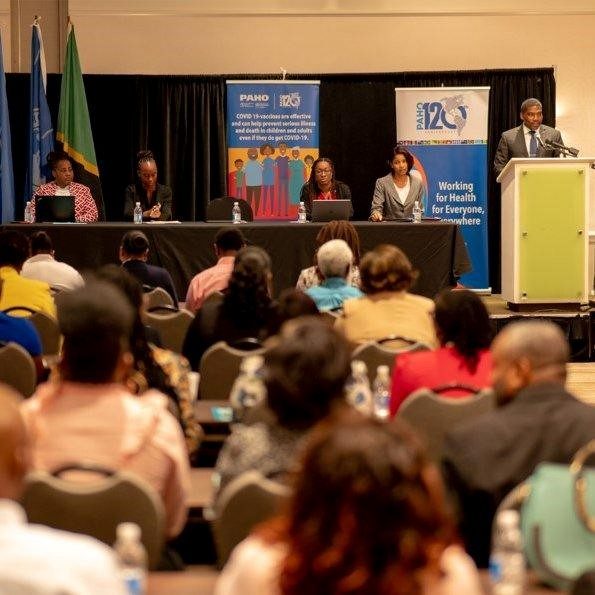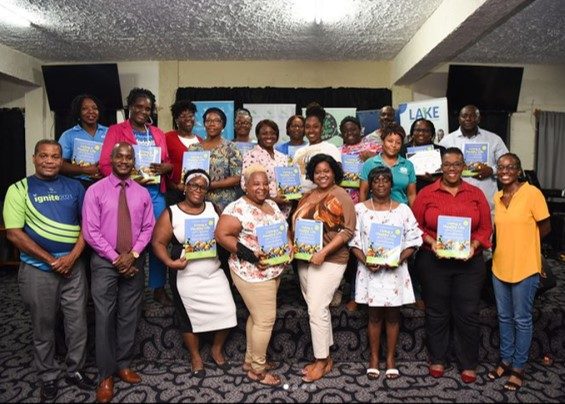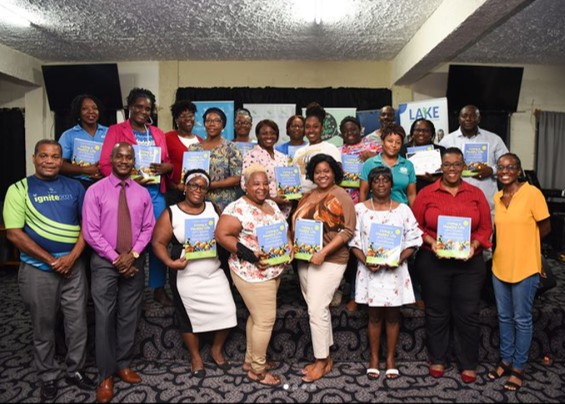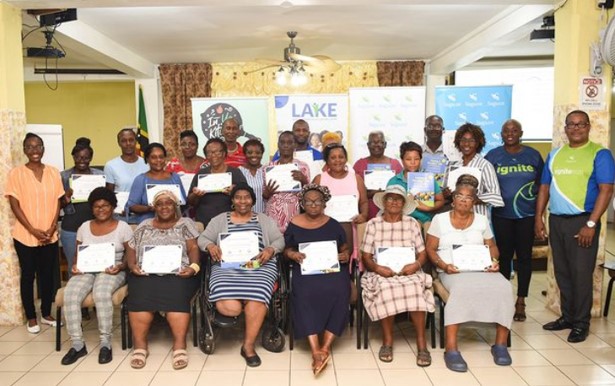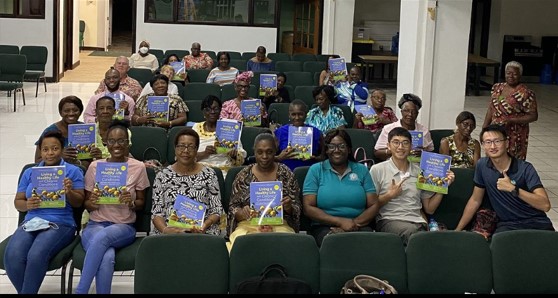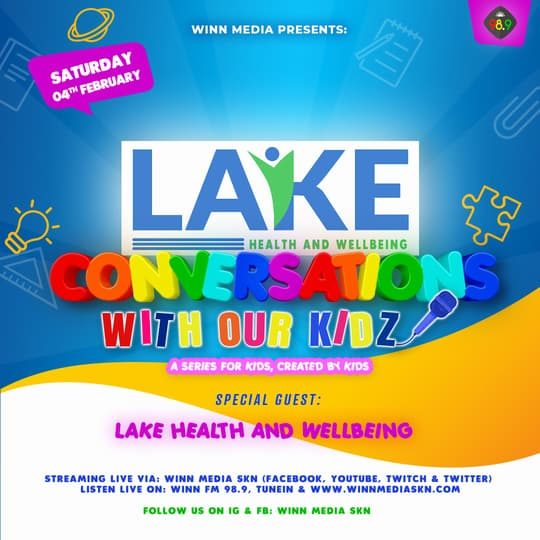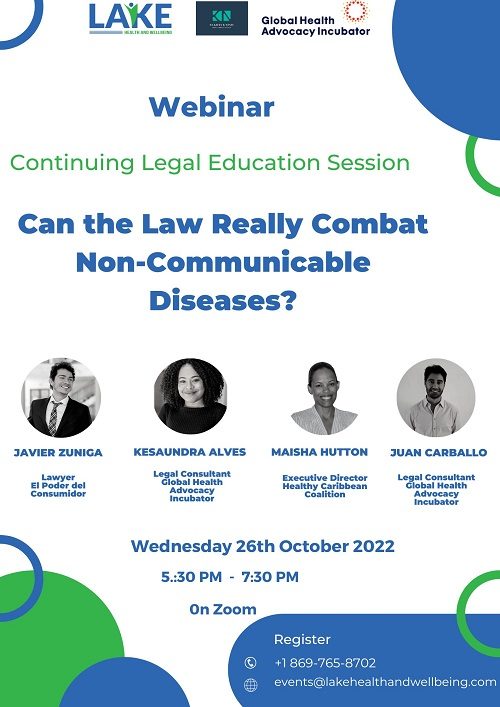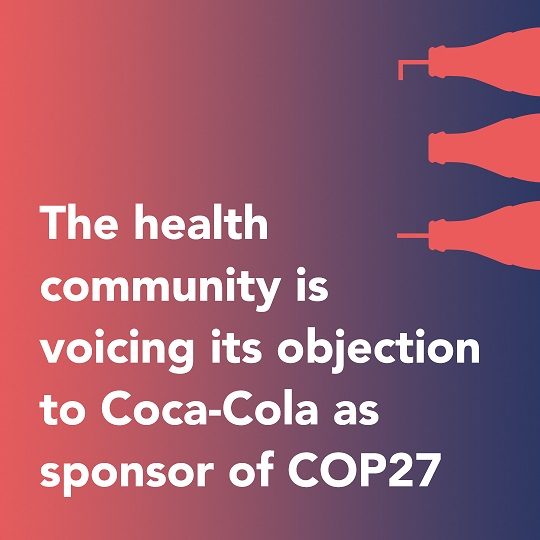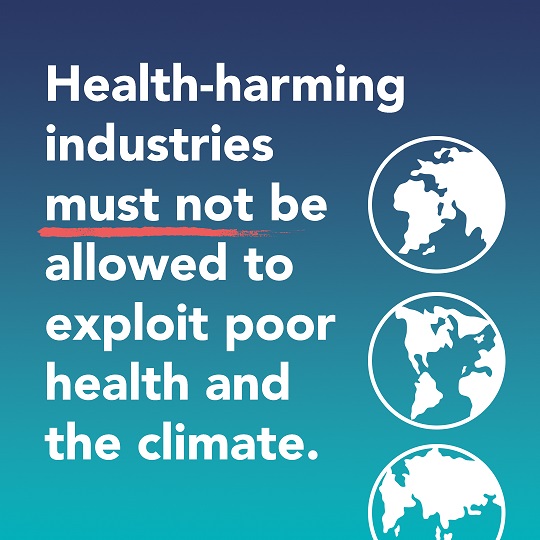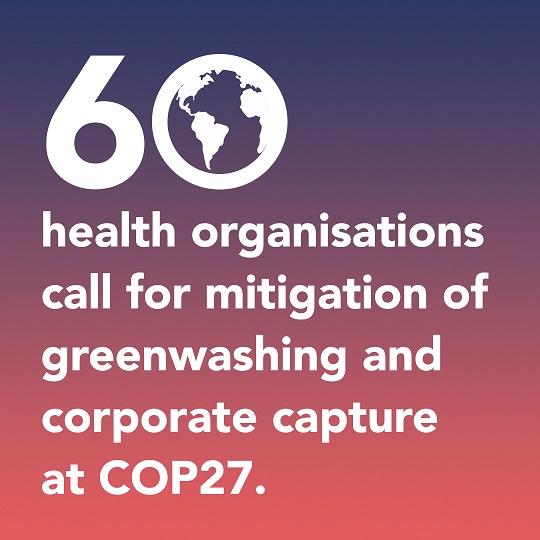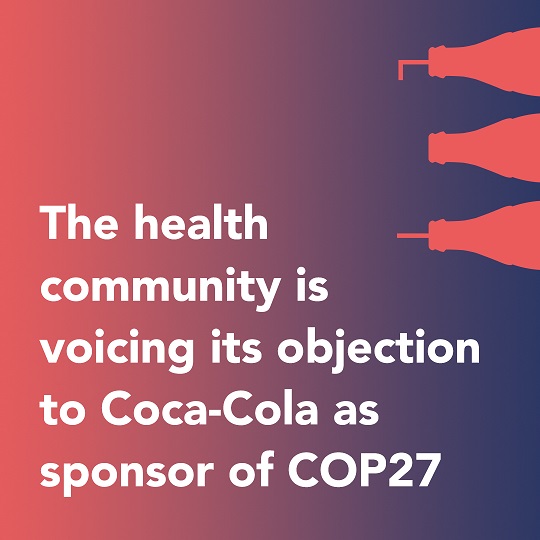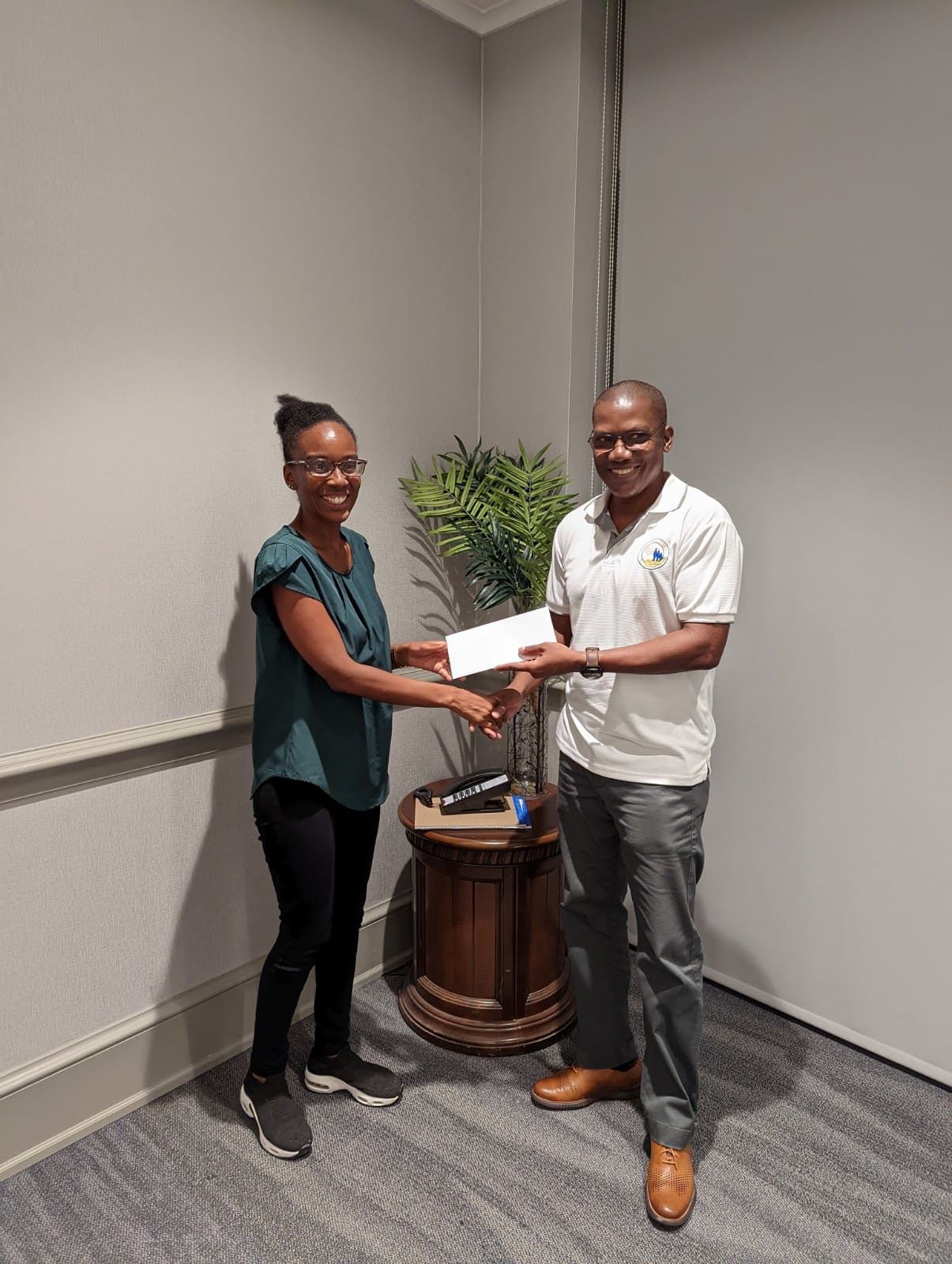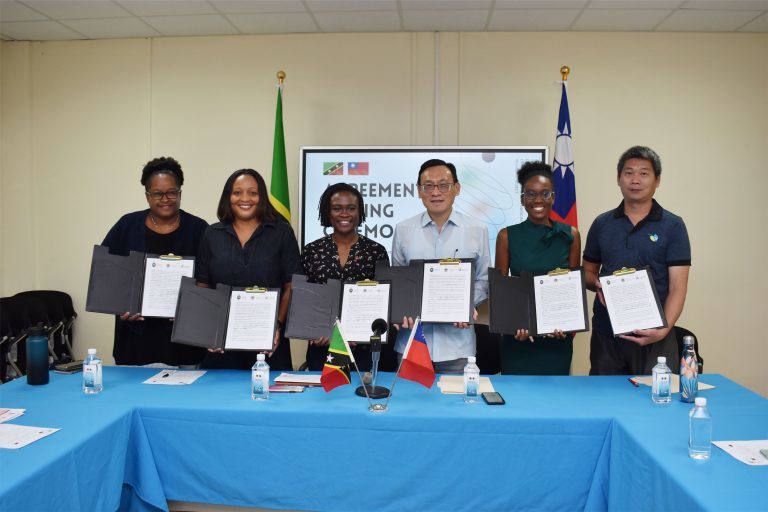SKN’s First National NCD Conference
The Ministry of Health in St. Kitts and Nevis and the Pan-American Health Organisation recently hosted the inaugural National Non-Communicable Diseases Conference, which was held from February 7th to 9th at the St. Kitts Marriott Resort.
The conference aimed to bring together government officials, health experts, civil society and private sector representatives to discuss non-communicable diseases (NCDs) and their impact on the country.
NCDs, such as cardiovascular disease, diabetes, cancer, and respiratory disease, are some of the biggest challenges facing global public health. They are responsible for a staggering 70% of all deaths worldwide and pose a major threat to human development and economic progress. With this in mind, the conference assessed the current NCD situation, established commitment from all sectors to contribute to efforts to reduce the impact of NCDs on St. Kitts and Nevis and provided stakeholders with the opportunity to contribute to the development of the Multi-sectoral Plan of Action for NCDs.
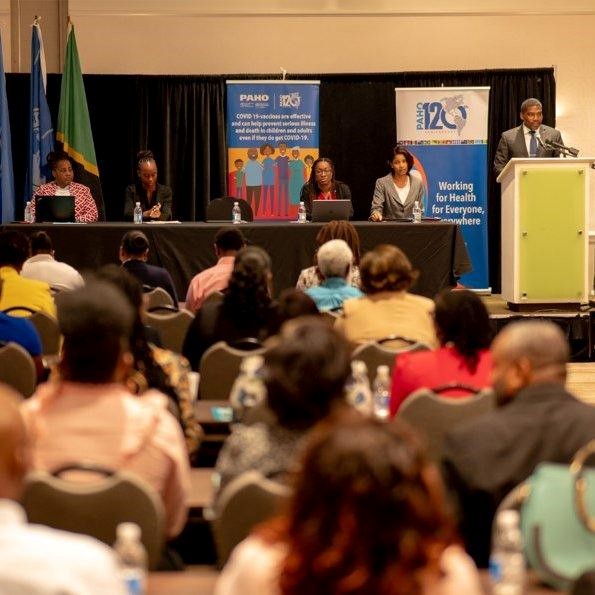
This event featured a range of presentations on various aspects of NCDs, including the impact of the pandemic on NCDs, innovative approaches to NCD prevention and management, and the role of civil society in advocacy and policy development.
Speakers included:
- Taraleen Malcolm, Advisor, Non-Communicable Diseases and Mental Health, PAHO
- Dr Heather Armstrong, Acting Head of Chronic Disease and Injury, CARPHA
- Dr Hazel Laws, Chief Medical Officer, St Kitts and Nevis
- Dr Marissa Carty, NCD Programme Coordinator, Ministry of Health, St Kitts and Nevis
- Roger McLean, Research Fellow & Lecturer, University of the West Indies
- Sheneil Isles, Director of Community-based Health Services
We were honoured to have been a speaker at this conference too. Our Programme Director, Abi Begho, delivered a presentation on Health Policy Advocacy and the Role of Civil Society. Begho discussed the importance of civil society organizations in advocating for NCD prevention and management policies that are equitable, evidence-based, and inclusive.
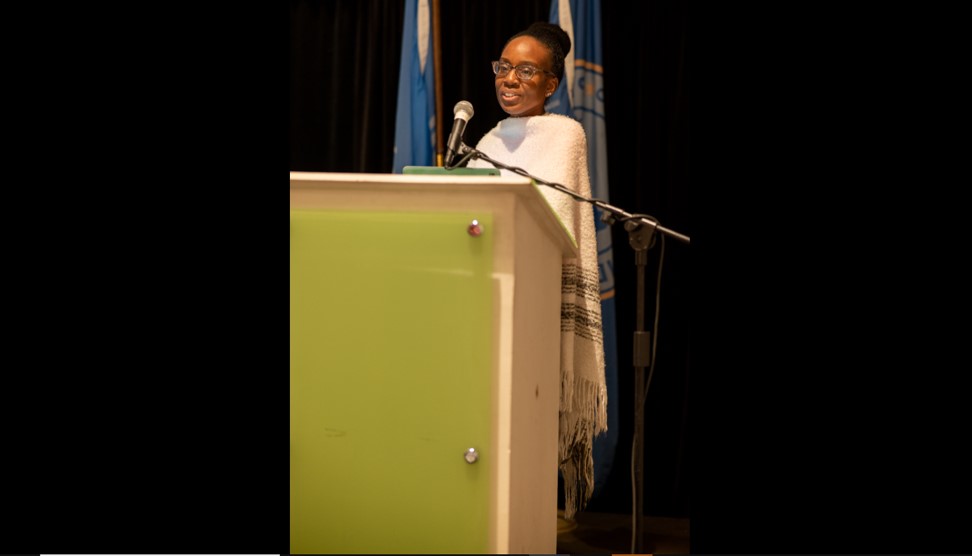
She also highlighted the role of civil society in raising awareness about NCDs, monitoring government performance, and engaging communities in NCD prevention and management efforts.
Additionally, during the opening ceremony special guests, Hon. Jahnel Nisbett, Minister of Health, Gender Affairs, Social Services & Community Development in Nevis and Hon. Dr. Terrance Drew, Prime Minister and Minister of Health, St Kitts and Nevis provided remarks.
Hon. Dr. Terrance Drew, highlighted the significance of the NCDs in the country as the leading cause of morbidity, accounting for 62% of all deaths and emphasized the need for a collaborative approach and funding for sustainable interventions to address NCDs. Additionally, the Prime Minister discussed the importance of promoting healthy living and implementing innovative interventions to address the NCD situation in the country. Whilst Hon Nisbett provided an important reminder that there is still much work left to be done to tackle NCDs and emphasized the significance of starting interventions early in the public’s lives to shape their future behaviour.
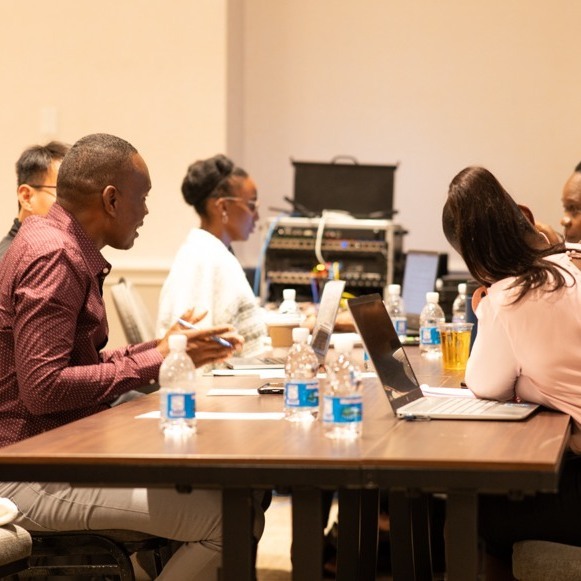
The conference was a valuable opportunity for participants to exchange ideas, share best practices, and work towards a shared goal of reducing the burden of NCDs. The discussions and insights generated at the conference will help inform future policy and action on NCDs, nationally.
In conclusion, the inaugural National Non-Communicable Diseases Conference was a successful and important event that brought together experts and stakeholders from across sectors to discuss the latest developments and strategies for preventing and managing NCDs. With the growing global burden of NCDs, it is crucial that we continue to work together to find effective solutions and build a healthier future for all.







